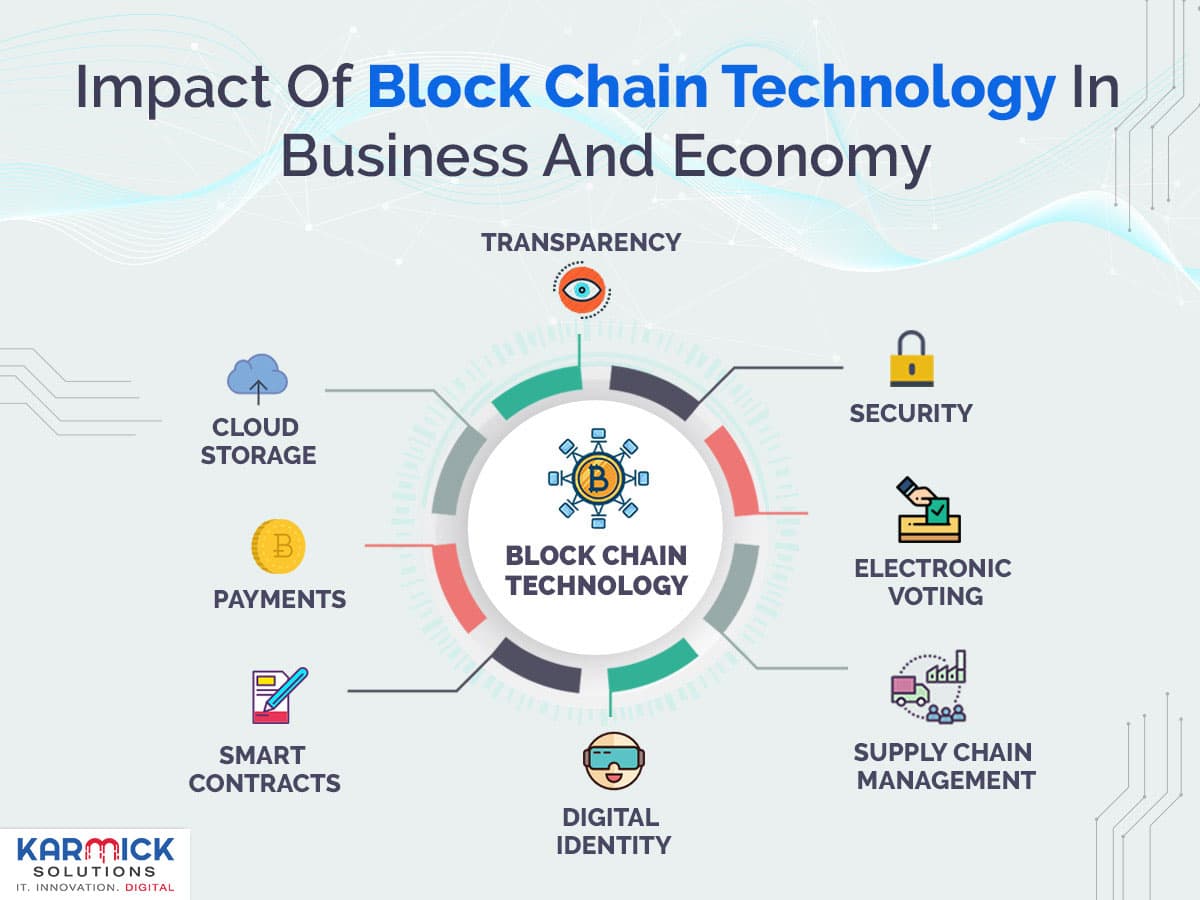Economic Security: A Core Pillar for Blockchain Viability, Not a Meme

The critical role of economic security in blockchain technology has been underscored, with a recent statement highlighting that dismissing this aspect as a mere "meme" often indicates fundamental flaws within a blockchain's design. The observation, shared by "Etc." on social media, emphasizes that robust economic incentives are indispensable for maintaining the integrity and trustworthiness of decentralized networks.
"If you dismiss economic security as a meme, that’s usually a good indicator that your blockchain lacks it," stated "Etc." in the tweet.
Economic security in blockchain refers to the design principles and incentive mechanisms that make it economically unfeasible for malicious actors to attack or manipulate the network. This involves ensuring that the cost of launching an attack significantly outweighs any potential gain, thereby aligning the interests of participants with the network's overall health and security. Without such mechanisms, blockchains are vulnerable to various forms of compromise, including transaction manipulation and censorship.
Experts emphasize that while cryptographic guarantees are foundational, they are insufficient on their own. A truly secure, decentralized, and automated blockchain protocol requires the integration of economically incentivized consensus mechanisms. These mechanisms, such as those found in Proof-of-Stake (PoS) systems where validators stake assets that can be "slashed" for misbehavior, are designed to deter attacks by imposing financial penalties.
The absence of strong economic incentives can lead to significant vulnerabilities, including the blocking or manipulation of consensus, transaction censoring, and the corruption of critical network components like data oracles. Such weaknesses can result in substantial financial harm, operational inefficiencies, and a severe erosion of trust among network participants. This is particularly relevant for private or permissioned blockchains that may not inherently employ the same economic incentives as public networks.
Building a reliable blockchain protocol necessitates a design where the marginal cost of malicious behavior is significantly higher than any potential marginal gain. This principle ensures that all stakeholders' actions benefit the entire ecosystem, fostering a stable and secure environment for digital transactions and applications. As blockchain adoption accelerates across various sectors, the focus on comprehensive economic security strategies remains paramount for long-term viability and trust.